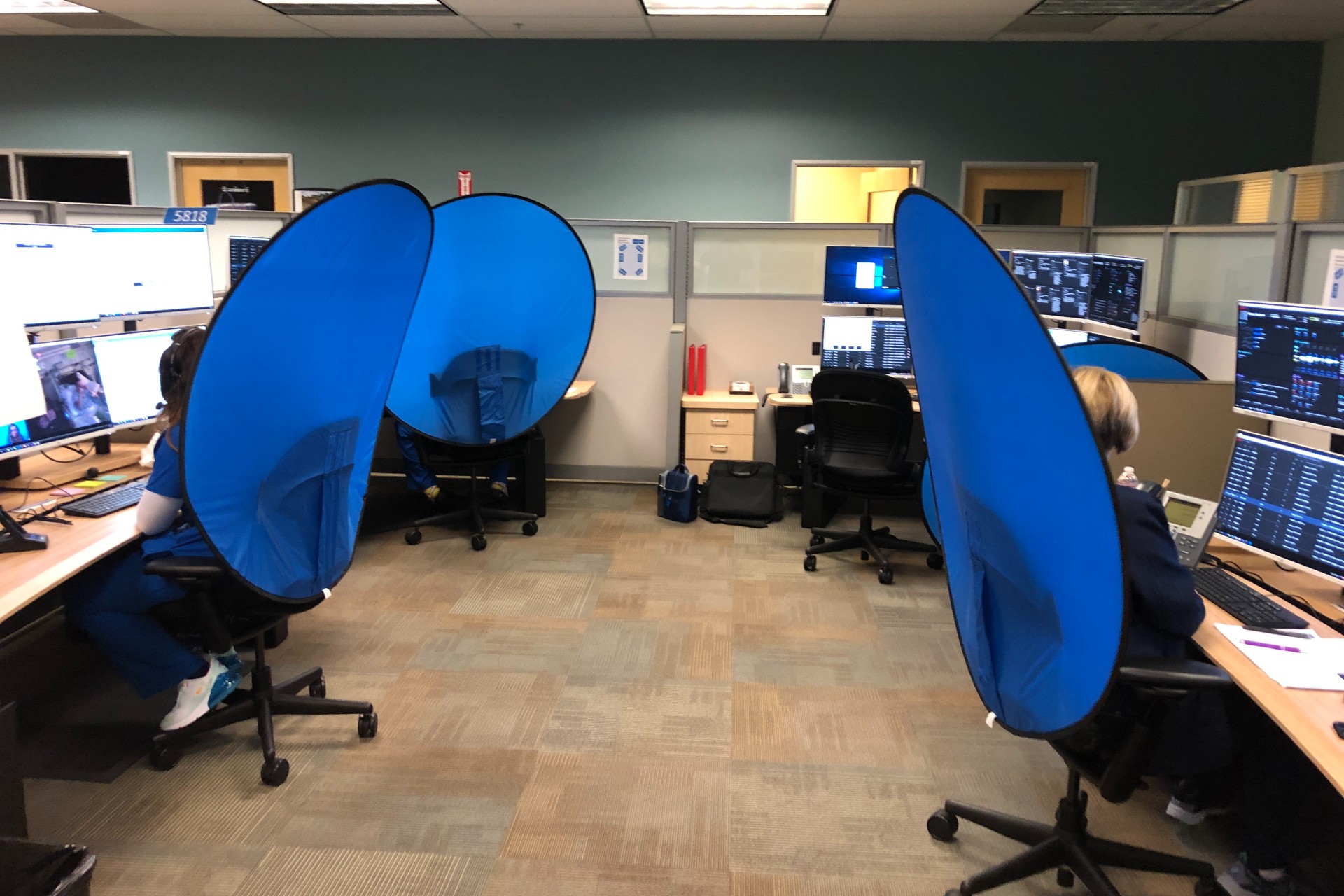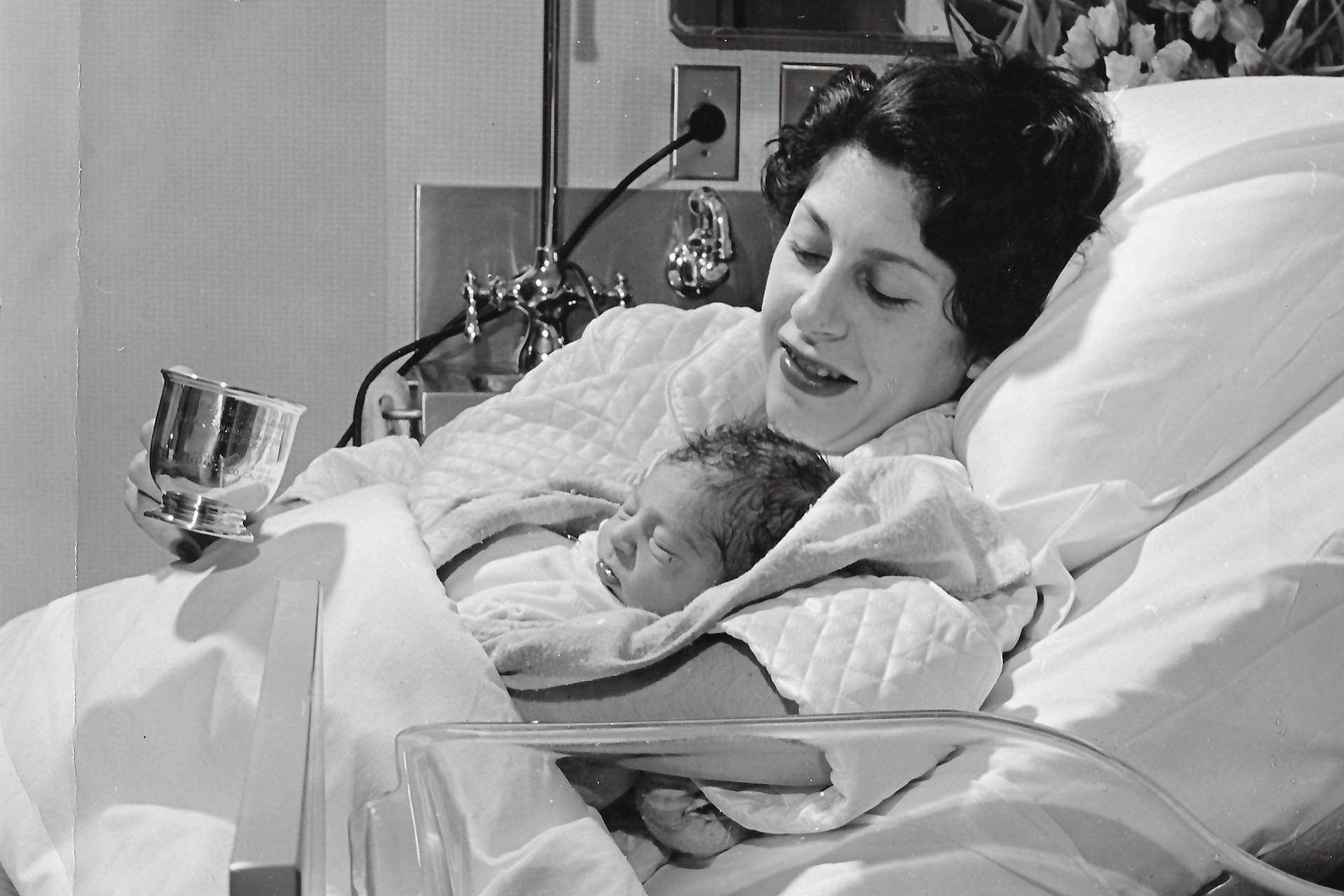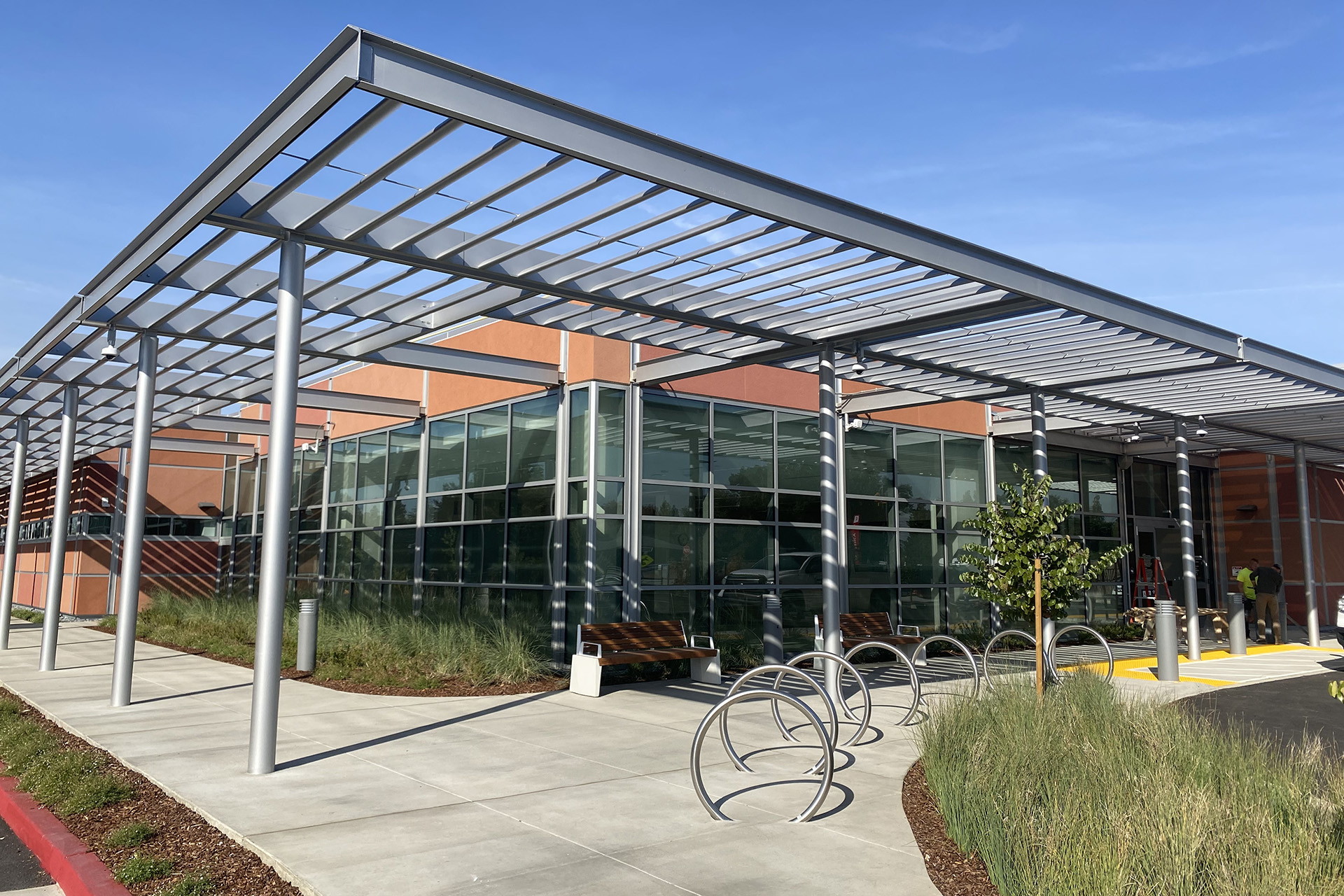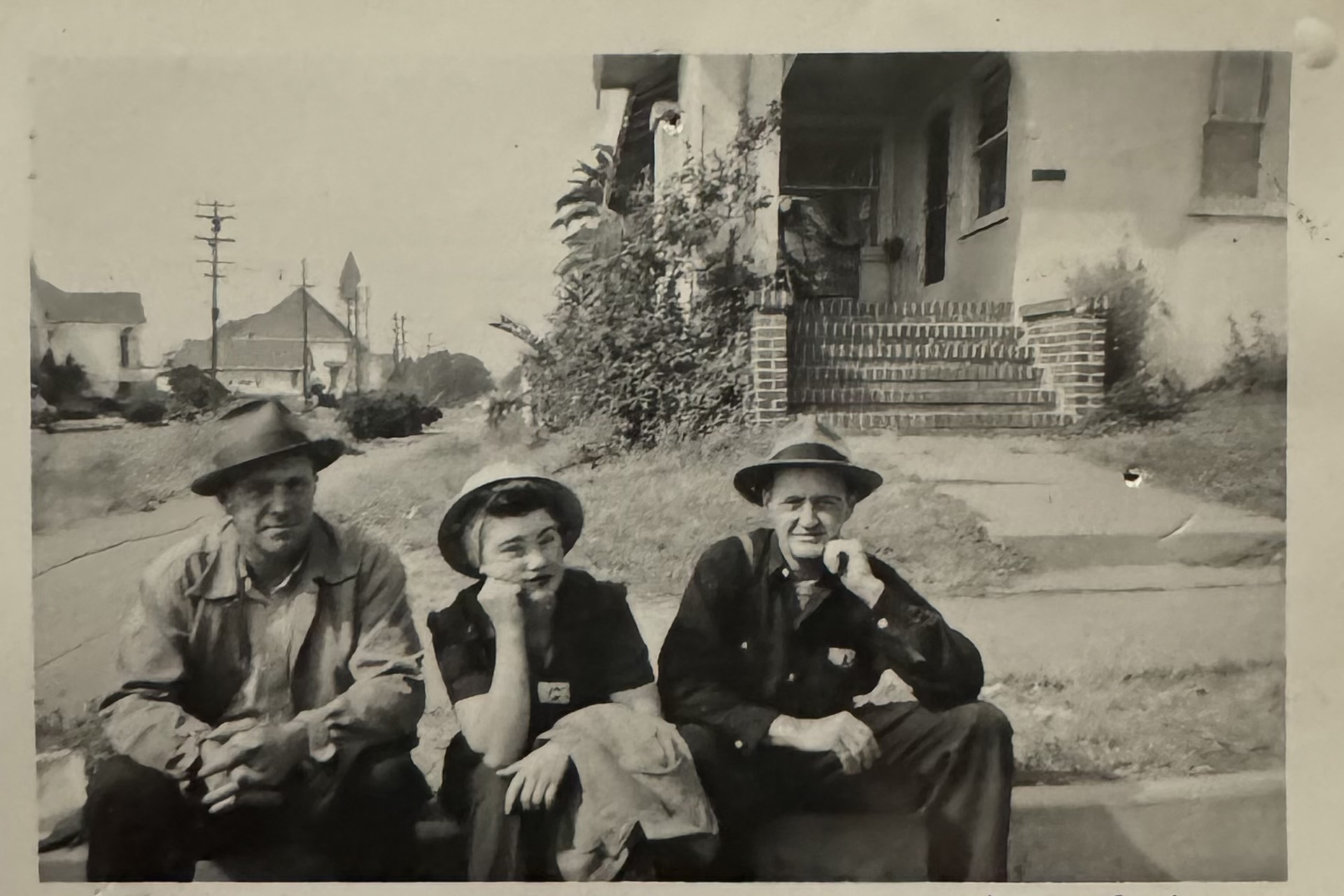Walking through the intensive care unit throughout many Kaiser Permanente medical centers, a new feature might be noticed. A bedside screen and camera. This is TeleCritical Care (TCC), a virtual support system that uses remote monitoring technology to connect hospital staff caring for ICU patients to a team of intensivists (physicians specializing in hospitalized patients) and nurses.
Currently operating in 8 medical centers throughout Northern California, TCC provides overnight support 7 nights a week via a team of 13 nurses and 30 physicians working out of hubs in San Leandro and Rancho Cordova. TCC is scheduled to be rolled out to all 21 medical centers in Northern California by the end of 2022, providing support for more than 400 ICU beds.
“TeleCritical Care supports nurses and clinicians by providing another layer of on-demand support for them,” said Elizabeth Scruth, RN, regional director of Clinical Quality Programs, Data Analytics and TCC.
Before TCC, ICU nightshift staff relied on on-call intensivists for emergencies. Now, they can immediately interact with a critical care nurse or intensivist connecting via camera to collaborate on how to best meet the patient’s needs.
It is gratifying to see how engaging our intensivists are in the care of our sickest patients during their entire ICU stay further improving the already high level of care we provide.” Michael Guarnieri
Conversely, TCC staff have remote insight into patient status.
“TCC staff proactively monitor patient charts, so when they consult with nurses and clinicians, they already have knowledge of the patients’ situation,” said Andrea Nguyen, managerial consultant for TCC. “Through early, upstream detection, TCC has prevented many crises, whether it was a patient’s blood sugar dropping dangerously low, medication alternations, or the prevention of cardiac arrest.”
So far, bedside care team members have called in more than 11,000 times to TCC staff for consultation.
Improved patient outcomes, lives saved
Outcomes from the 2019 TCC pilot programs at Kaiser Permanente South Sacramento and Kaiser Permanente Roseville were impressive. TCC was shown to reduce hospital mortality for patients with an ICU encounter by 17%. It also reduced the length of stay of ICU patients by an average of 28.5 hours.

LaShunna Grant, RN, a TCC nurse stationed at the Rancho Cordova hub, shared a story of how TCC saved a patient’s life.
Grant, who knows both sides of TCC first as a bedside provider and now as a TCC staff member, noticed an abnormal acid-base balance in a patient’s chart. She telemonitored into the room and connected with a nurse. Grant asked the nurse to check the patient’s pulse, and they then saw his chest tube had become dislodged.
The nurse took immediate action, preventing the patient from a potentially life-threatening situation.
Michael Guarnieri, MD, a pulmonologist who specializes in Critical Care Medicine, said, “It is gratifying to see how engaging our intensivists are in the care of our sickest patients during their entire ICU stay further improving the already high level of care we provide.”
COVID-19 support
During the multiple surges of the 2-year pandemic, TCC has proved advantageous to clinicians and staff.
“We can rapidly respond to emergent and urgent situations at the bedside to collaborate with local ICU teams and deliver the appropriate care,” said Gregory Marelich, MD, chair of Critical Care Medicine for Northern California and chief of Critical Care Medicine at the Kaiser Permanente South Sacramento Medical Center. “This was critically important during our COVID-19 surges, when so many patients on respiratory support were very ill.”





This Post Has One Comment
So nice to see this project come to fruition! As a Patient Partner I was asked to share my thoughts on this concept at the Garfield Center very early on. Having a personal experience in ICU with my teenage I immediately loved the idea. Having an extra set of eyes on my daughter 24/7 would have been another layer of confidence for me in knowing that nothing would fall through the cracks! I remember someone asking but how would you feel about the telecare team being remote. I said an extra layer of support is an extra layer of support, I could careless where they are housed. I can see how some may not like the idea of a remote team, but I can assure you when the situation is that dire all you think about is feeling like you have the best care possible. Thanks KP for being so innovative!